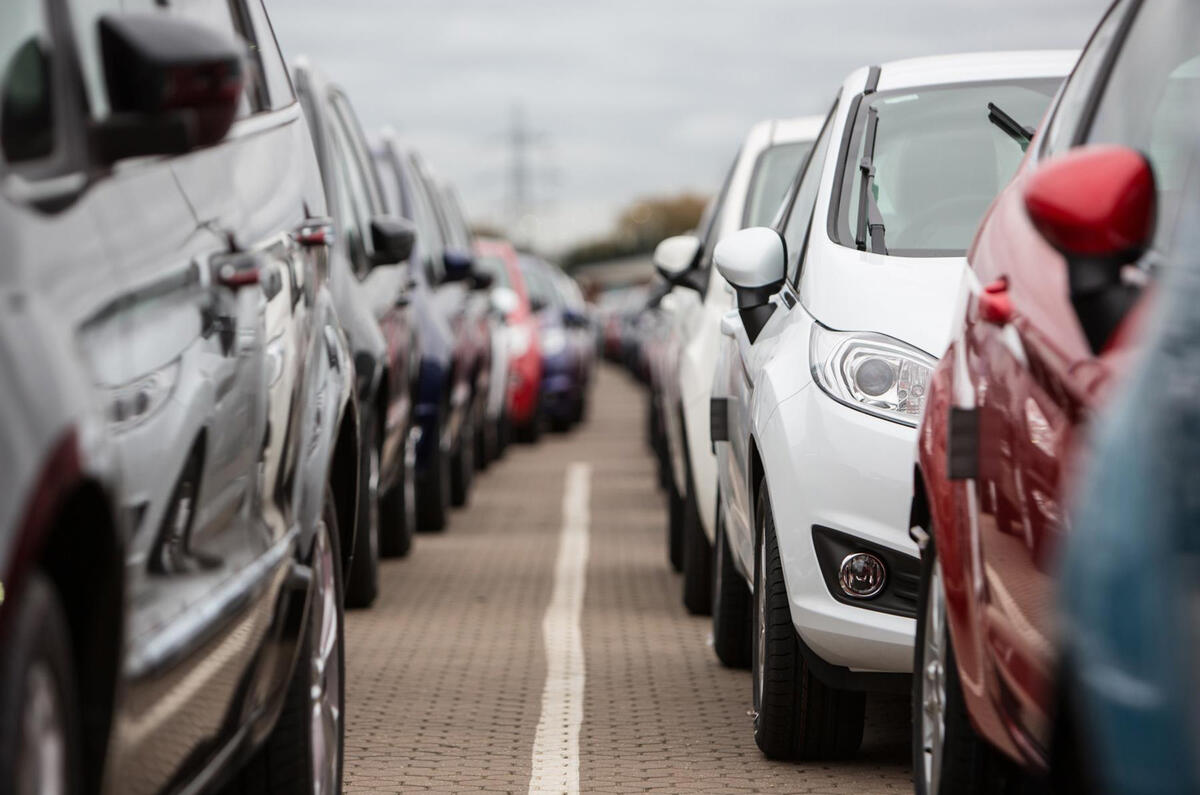UK car sales declined for the third consecutive month in June, with 243,454 cars sold.
However, the drop in sales slowed compared with the previous two months. The Society of Motor Manufacturers & Traders attributed this slowdown to stabilisation “following a record first quarter and the subsequent market turbulence cause by recent changes to vehicle excise duty”.
The appetite for diesel continued to fall, with a 14.7% drop on last June. Diesels accounted for 42.5% of the market share, compared with 47.5% in the same month last year. Petrol sales remained buoyant, up by 2.5%, making up 49.3% of sales.
Alternatively fuelled vehicles achieved an all-time high market share of 4.4% for the second month, as more than 10,700 cars hit the road, a rise of 20% on June 2016.
Overall, compact cars proved most popular with buyers, with superminis and small family cars making up almost 60% of the market. These and SUVs were the only two segments to register growth in June, up 6% and 11.3% respectively.
The Volkswagen Golf outsold the Ford Fiesta as the most popular car, with 8808 units sold versus 8601. However, the Fiesta still holds its long-reigning position as overall best seller, having sold 58,380 units in the year to date.
In order, the top 10 cars sold in June are: Volkswagen Golf, Ford Fiesta, Ford Focus, Vauxhall Astra, Mini hatchback, Vauxhall Corsa, Nissan Qashqai, Volkswagen Polo, BMW 3 Series and Mercedes C-Class.
Year-to-date, sales have fallen by -1.3% to 1,401,811 units, which the SMMT said puts the market on track to meet 2017 forecasts.
SMMT chief executive Mike Hawes commented: “As forecast, demand for new cars has started to cool following five consecutive years of solid growth but the numbers are still strong and the first half of the year is the second biggest on record. Provided consumer and business confidence holds, we expect demand to remain at a similarly high level over the coming months.
“It’s encouraging to see alternatively fuelled vehicles experiencing rapid growth but adoption is still at a relatively low level and more long term incentives are required if this new generation of vehicles is to be a more common sight on British roads.”




Join the debate
Add your comment
Diesel sales
Reality check
Surely it is expected that there would be the inevitable decline and this is just that....
The greed in manufacturers to want to be selling more and more cars to the same amount of people is folly.
A 3-4 cyclic model should be adopted in gauging if cars are sold more or less over this period, not the stupid YOY model.. leave that for the retail industry....
Sales
From 50% to 42.5% in a little over a year
It's demise will be helped by new models not being launched or delayed with the 'D' option (new swift, new civic) and there being fewer 'D' options on other new models.